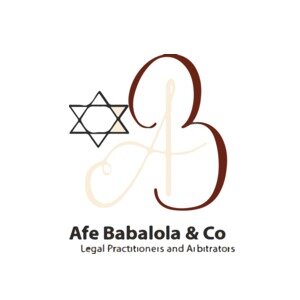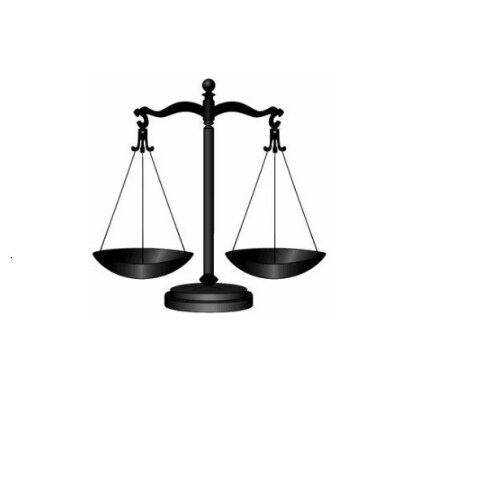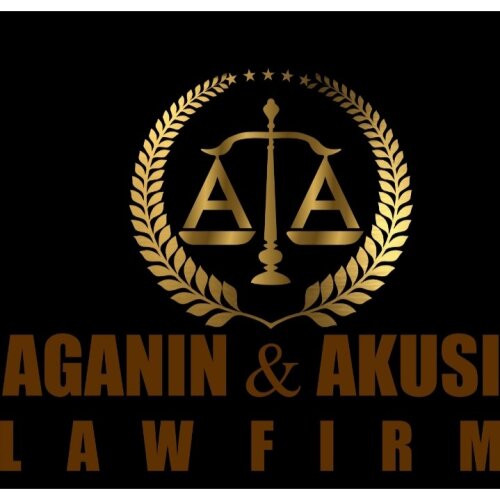Best Child Custody Lawyers in Port Harcourt
Share your needs with us, get contacted by law firms.
Free. Takes 2 min.
Free Guide to Hiring a Family Lawyer
List of the best lawyers in Port Harcourt, Nigeria
Nigeria Child Custody Legal Questions answered by Lawyers
Browse our 8 legal questions about Child Custody in Nigeria and read the lawyer answers, or ask your own questions for free.
- Under what circumstances can my narcissistic ex husband win sole custody of our daughter?
- I recently left my narcissistic husband. Thr marriage was conducted under customary law (traditional marriage) I was the third woman he married. He was separated from the first two wives before i married him. Our marriage lasted for three years and seven months. We have a daughter together and she's... Read more →
-
Lawyer answer by CO-dunni Law Solicitors
A man cannot get sole custody of child under 7 years of age no matter the gender. He can get sole custody if you are adjudge a bad mother or a person unfit to parent a child. Please talk to...
Read full answer - Pls l want the joint custody of my kids
- My kids had been denied access to communication and visits but l have no money to get a lawyer to pursue for joint custody, how do I go about it, lm residing in Portharcourt but they are in lmo state.
-
Lawyer answer by RI & Associates
I’m sorry to hear about the difficulties you’re facing. Here are a few steps you might consider to pursue joint custody without the need for immediate funds for a lawyer: Legal Aid Services: Look for organizations that provide free legal...
Read full answer - Child custody
- Am not married legally and traditionally to my husband, I gave birth to twins to his mum, and he maltreated me so I left his mum's house so he could come and pay my dowry and marry me legally, but I sense he wants to collect my kids from me... Read more →
-
Lawyer answer by CO-dunni Law Solicitors
If you are neither married to him Legally nor Traditionally as you said. Then the children belongs to you and not your husband.
Read full answer
About Child Custody Law in Port Harcourt, Nigeria:
Child custody refers to the legal arrangement of caring for a child or children after the parents' separation or divorce. In Port Harcourt, Nigeria, child custody cases are guided by specific laws and regulations. These laws aim to ensure the child's best interests, considering factors such as their health, education, and overall well-being.
Why You May Need a Lawyer:
Seeking legal advice from a lawyer specializing in child custody is crucial in several situations:
- You are going through a divorce or separation and need to establish a custody arrangement.
- You need help modifying an existing child custody agreement.
- Your former partner is denying you access to your child or violating the agreed-upon custody arrangement.
- You suspect any form of child neglect, abuse, or endangerment.
- You need assistance in understanding your legal rights and responsibilities as a parent.
Local Laws Overview:
Child custody laws in Port Harcourt, Nigeria, are primarily governed by the Nigerian Children's Rights Act of 2003. The Act emphasizes the child's best interest as the paramount consideration in custody matters.
Key aspects of the local laws relevant to child custody in Port Harcourt include:
- The right of both parents to seek custody of their child.
- The involvement of the court in determining custody arrangements.
- The consideration of the child's preference, where applicable, taking into account their age and level of maturity.
- The importance of maintaining stability and the child's relationship with both parents.
- The possibility of joint custody, where both parents share responsibility for decision-making and the child's physical care.
- The option of supervised visitation if there are concerns related to the child's safety or well-being.
Frequently Asked Questions:
1. Can a custody arrangement be modified?
Yes, it is possible to modify a custody arrangement. If there have been significant changes in circumstances or if the current arrangement no longer serves the child's best interests, a court may consider modifying custody.
2. How does the court decide custody?
The court considers various factors such as the child's best interests, the parents' ability to provide care, the child's preference (if mature enough), and any evidence of abuse or neglect when making custody decisions.
3. Can grandparents seek custody?
Under Nigerian law, grandparents can seek custody if it is determined to be in the child's best interests. However, their chances may depend on specific circumstances, such as the parents' fitness to care for the child.
4. Can a non-biological parent get custody?
Yes, a non-biological parent can potentially obtain custody if they can demonstrate a strong parental bond and the ability to provide for the child's needs. The court will prioritize the child's well-being when making this decision.
5. How long does the custody process usually take?
The duration of the custody process can vary depending on various factors, including the complexity of the case and the court's schedule. It is advisable to consult with a lawyer to get a better understanding of the timeframe specific to your situation.
Additional Resources:
- Port Harcourt Family Court
- Nigerian Bar Association, Port Harcourt Branch
- Ministry of Justice, Port Harcourt, Nigeria
Next Steps:
If you require legal assistance in child custody matters in Port Harcourt, Nigeria, it is recommended to:
- Research and consult with experienced family lawyers specializing in child custody cases.
- Gather all relevant documents and information pertaining to your case.
- Schedule a consultation with a lawyer to discuss your specific situation and receive tailored advice.
- Follow the lawyer's guidance and provide necessary information for the successful handling of your child custody case.
Lawzana helps you find the best lawyers and law firms in Port Harcourt through a curated and pre-screened list of qualified legal professionals. Our platform offers rankings and detailed profiles of attorneys and law firms, allowing you to compare based on practice areas, including Child Custody, experience, and client feedback.
Each profile includes a description of the firm's areas of practice, client reviews, team members and partners, year of establishment, spoken languages, office locations, contact information, social media presence, and any published articles or resources. Most firms on our platform speak English and are experienced in both local and international legal matters.
Get a quote from top-rated law firms in Port Harcourt, Nigeria — quickly, securely, and without unnecessary hassle.
Disclaimer:
The information provided on this page is for general informational purposes only and does not constitute legal advice. While we strive to ensure the accuracy and relevance of the content, legal information may change over time, and interpretations of the law can vary. You should always consult with a qualified legal professional for advice specific to your situation.
We disclaim all liability for actions taken or not taken based on the content of this page. If you believe any information is incorrect or outdated, please contact us, and we will review and update it where appropriate.














